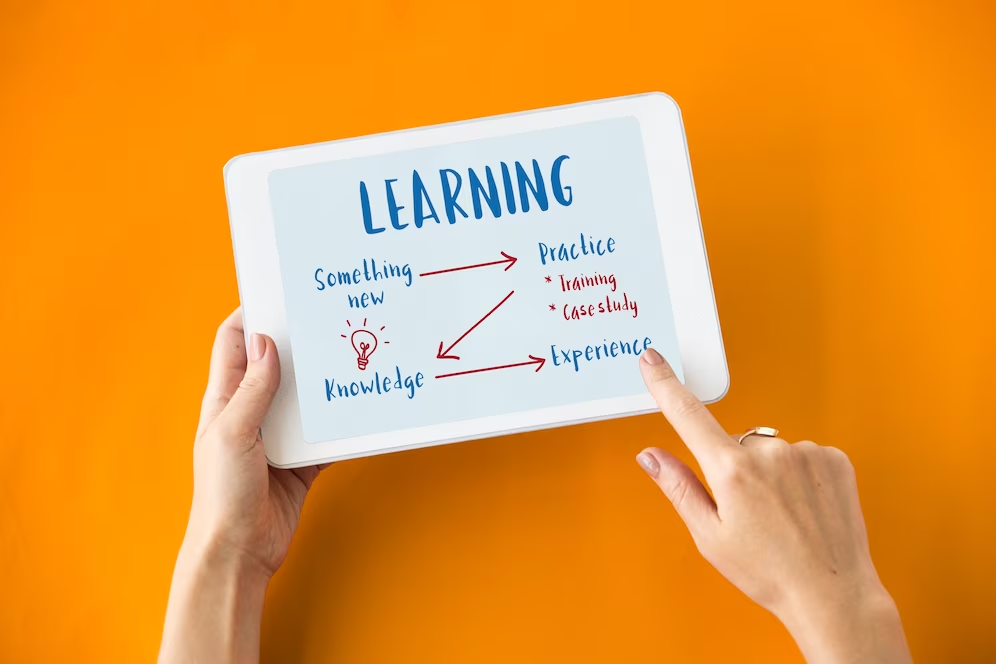
In the 21st century, education is undergoing a monumental shift. Sure, most of us remember the classic schoolroom setup, right? Rows of desks, chalkboards, that unique scent of textbooks. But now?
We’re stepping into a world where you can have class without ever leaving your bed. And this isn’t just about Wi-Fi and gadgets – it’s how we, as a society, are starting to think differently about how we learn. People are calling it the “EdTech Boom.” Online learning is making some serious waves, and here’s why:
The Transformational Impact on Education
EdTech is much more than just impressive numbers and fancy terms. It’s a dynamic force sculpting the educational landscape. Let’s dive deeper:
- – Democratization of Learning
Historically, world-class education was the domain of a fortunate few, often the wealthy or those in bustling cities. Now, thanks to online learning platforms India, the game has changed. Whether you’re in the heart of New York or a remote village, elite institutions like Harvard or MIT are just a click away. This is a groundbreaking move, making premium education an open avenue for everyone, regardless of where they are or their financial background.
- – Personalized Learning Paths
Conventional teaching mostly had a one-size-fits-all approach. However, the reality is, every learner is an individual with their own pace and style.
Digital platforms, empowered by AI, now offer insights into each student’s journey. By monitoring progress, pinpointing strengths or areas needing improvement, and offering customized content, every student gets an education tailored just for them.
- – Lifelong Learning
Education isn’t just for the young anymore. With a myriad of online courses available, from mastering a new profession to picking up a hobby, learning has no age limit.
Those in their golden years are returning to the virtual classroom to broaden their horizons. It’s a testament to the idea that personal growth knows no boundaries, ensuring everyone stays in step with a fast-paced world.
- – Real-World Skill Integration
Traditional academic curricula have often been criticized for not being in sync with industry requirements. But online learning platforms, being more agile, are plugging this gap.
Collaborating with various industries, these platforms ensure courses stay relevant to current job market demands. With seasoned professionals at the helm, students are given a more hands-on, practical perspective, aligning their knowledge with real-world scenarios.
The Future of Education and Online Learning
Let’s clear a misconception: online learning isn’t ringing the death knell for our beloved traditional classrooms. Instead, imagine a symphony where the physical and digital worlds harmonize perfectly.
In the not-too-distant future, we could be looking at a hybrid educational model where students get the best of both worlds — the warmth of face-to-face interactions and the convenience of digital tools.
On the tech front, things are about to get even more intriguing. Virtual Reality (VR) and Augmented Reality (AR) aren’t just fancy buzzwords; they’re set to redefine the online educational experience. We might soon see global classrooms, where students from different continents sit ‘next’ to you, dissolving the very idea of geographical constraints.
Conclusion
The ongoing wave of digital education isn’t a fleeting trend. It’s a pivotal transformation, ushering in new dynamics for the world of education. Yes, there might be challenges along the way, but the potential for positive change is truly thrilling. As tech keeps advancing, so will the methods of imparting knowledge.
